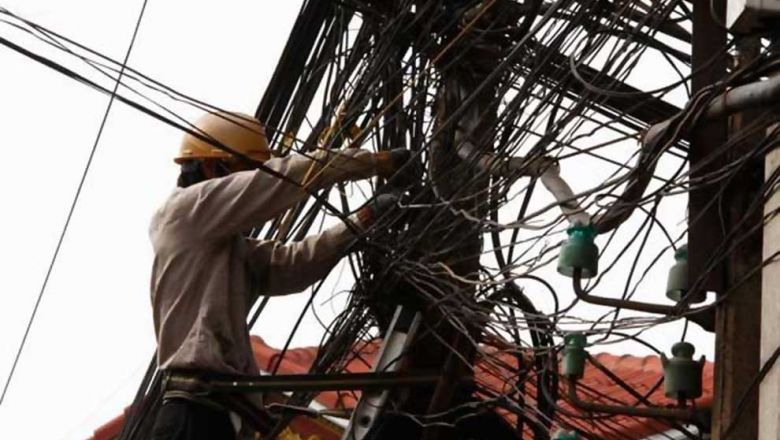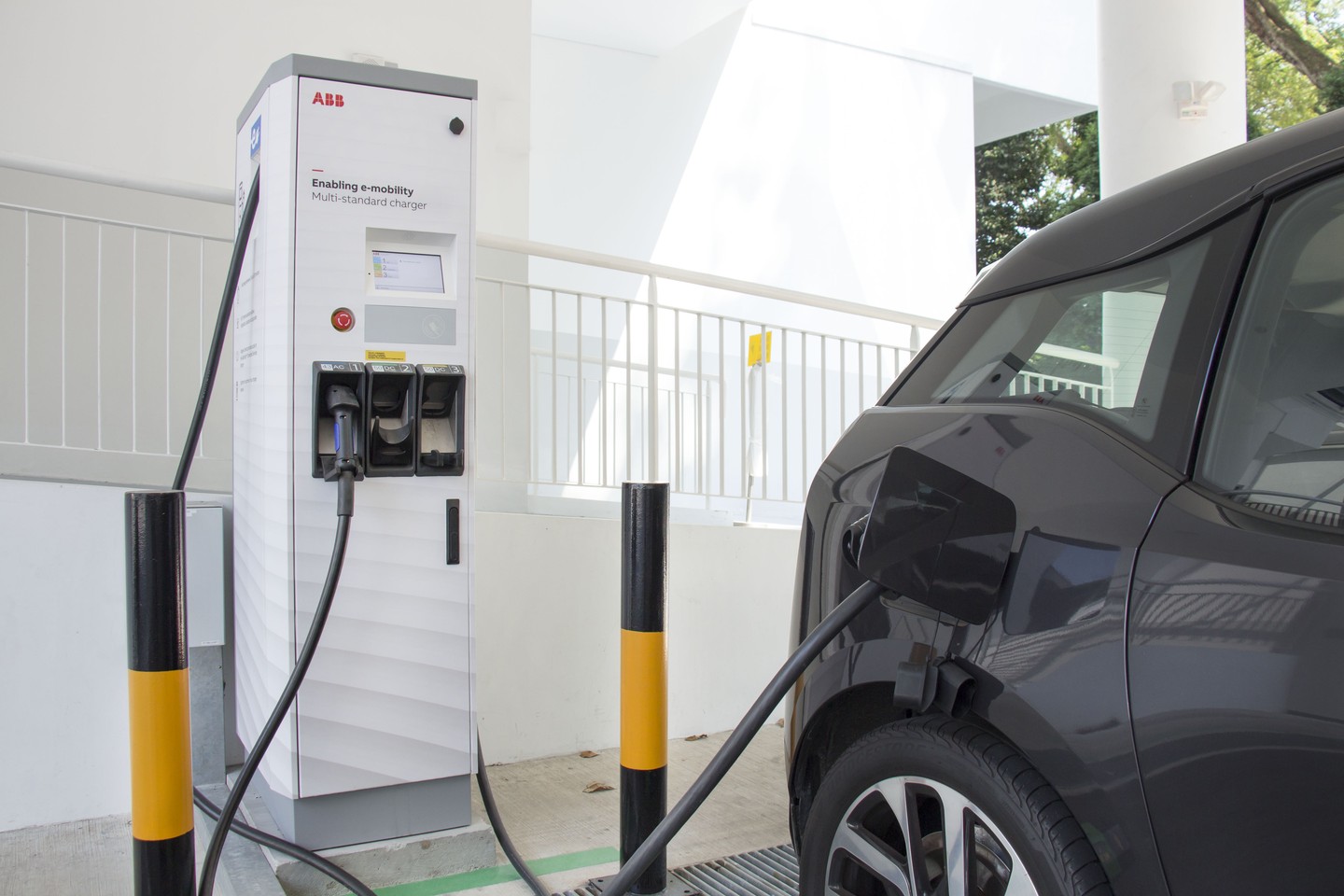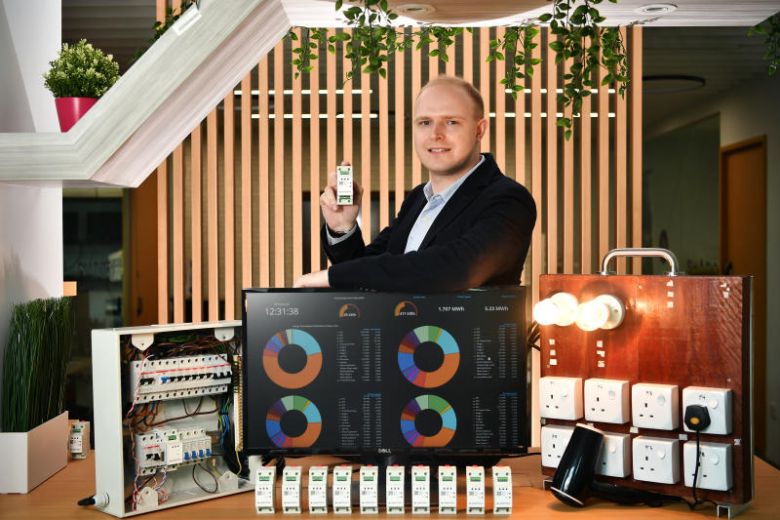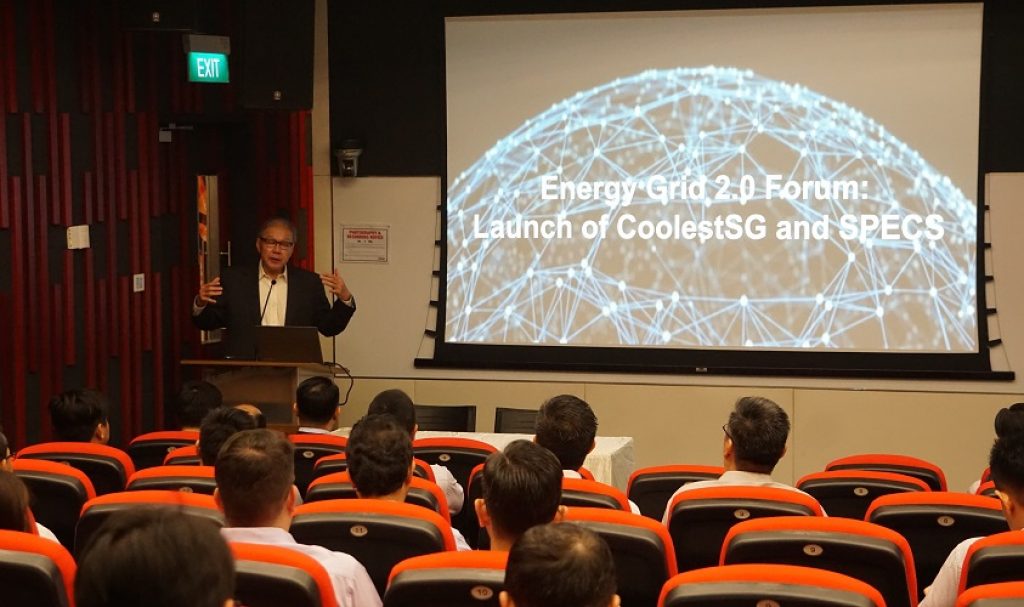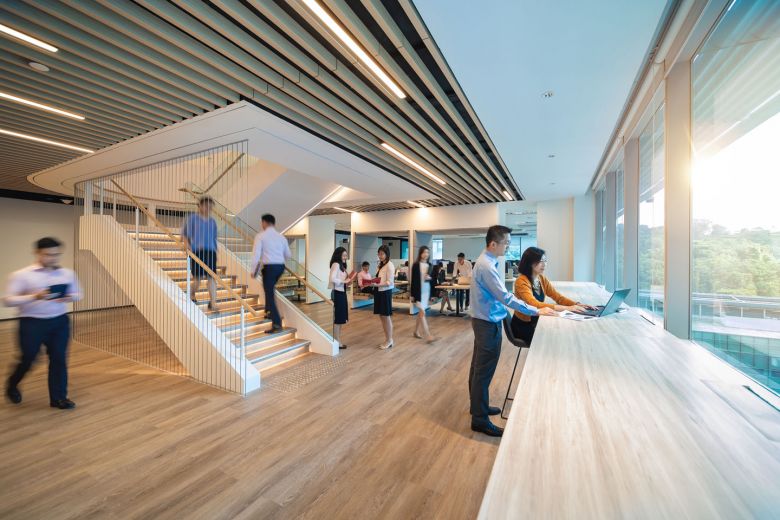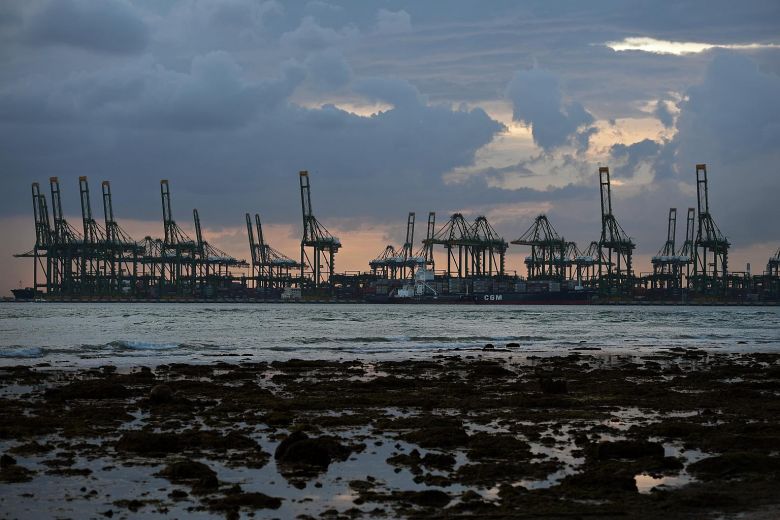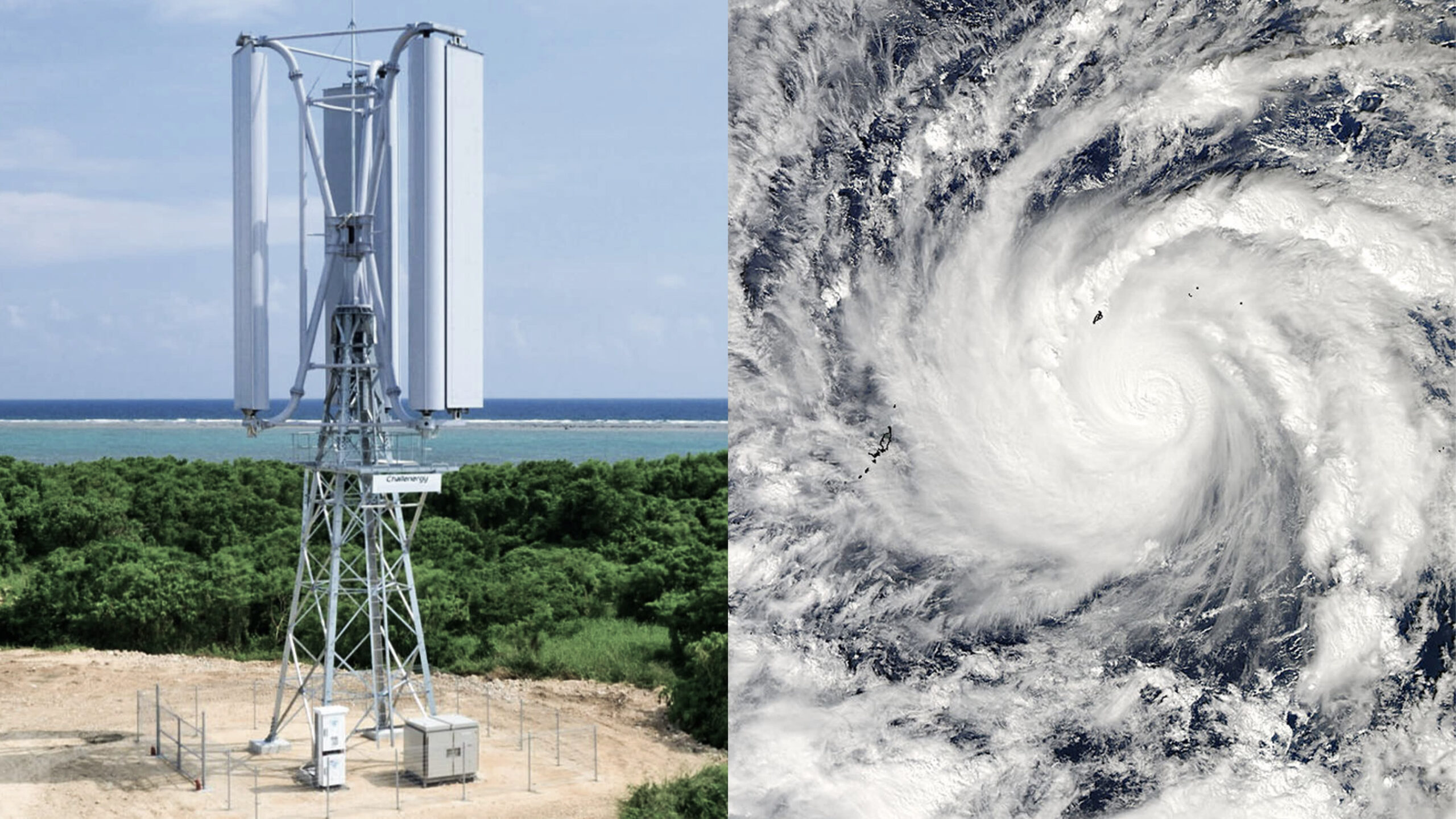On paper, Singapore, with its compact size, tidy roads, technology expertise, and sustainable transport ambitions is a dream for electric vehicle (EV) sellers and drivers alike.
However, a look at the country’s streets—and transport data—paints a different picture. At the end of last year, there were only 466 pure electric vehicles out of a total of almost 615,000, up from just 12 EVs in 2016.
But there are also signs of change, with trials of shared electric scooters, electric taxis, and even driverless electric buses, a common sight in some parts of the city.
The potential of these trials to scale up into a nationwide electric mobility ecosystem has industry watchers excited.
As Kumail Rashid, EV charging sales manager at Swiss power and automation giant ABB puts it: “Singapore is the best city in the world to demonstrate full electrification.”
The city state has many factors working in its favour, says Rashid, including a culture of innovation, a small geographic size where solutions can be test-bedded, and a high-quality network of roads.
This could form a foundation for a fully electric and autonomous transport system where commuters summon shared EVs on demand; buses are electric, and vehicles are self-charging, Rashid remarks.
Singapore is inching along towards this electric utopia, one testbed at a time. Progress is especially quick in the public transport sector, with ABB trialling battery and charging solutions at bus interchanges in partnership with the Land Transport Authority (LTA).
The government is also committed to this journey. An LTA spokesperson told Eco-Business that it has supported Singapore’s EV ecosystem by commissioning more than 100 electric and hybrid buses and offering EVs rebates on registration fees, among other measures.
But if the goal is a fully electric public and private transport system, there are three key hurdles Singapore still needs to clear, say experts.
1. There simply aren’t enough chargers
Firstly, a lack of publicly accessible EV charging infrastructure could be fomenting “range anxiety”—the fear that an EV will run out of charge mid-journey—and discouraging private EV ownership.
Given that most Singaporeans don’t live in houses with garages where they can plug in their cars overnight, the need for public charging facilities in places like apartment carparks is valid, says ABB’s Rashid.
But range anxiety is not, given the fact that Singaporeans drive an average of 45 kilometres a day but EVs have a range of between 250 and 300 kilometres on a single charge.
“But even then, until someone can deploy public charging infrastructure and make it accessible, you won’t have that much uptake,” he says.
One of the first organisations to step up to the task is Singapore Power (SP), which last October unveiled plans to install 1,000 public EV chargers by 2020—250 of them would be fast chargers capable of juicing up a car in just 30 minutes.
ABB is a key technology provider for these fast chargers, many of which will be at publicly-accessibly locations like polytechnic carparks.
“The new chargers are a bit more accessible than current chargers on private-access premises, because they are intended for the public and taxi drivers,” Rashid says.
2. Setting standards
Singapore is also treading carefully into EV territory because of uncertainty around standards for fast-charging infrastructure and battery technology, say experts.
Dr Terence Goh, Technical Director at Japan’s largest Engineering Consultancy company, Nippon Koei, and concurrent adjunct professor, Department of Electrical & Computer Engineering at the National University of Singapore, explains that the city-state has good reasons for being cautious.
“EV technology is moving so fast that proper standards haven’t been locked down yet,” he tells Eco-Business. Rushing into things could leave Singapore vulnerable to cyber-attacks on its EV charging networks, he adds.
There are also myriad battery technologies on the market, but Singapore has very specific needs because of its hot climate, Goh notes. If batteries get too hot, this could affect their performance, lifespan, and safety.
“It’s not that Singapore intentionally wants to be slow; she’d rather err on the side of caution,” Goh adds.
The issue of which EV charging protocol Singapore—and the world—should use is also hotly contested.
“
EV technology is moving so fast that proper standards haven’t been locked down yet.
Terence Goh, adjunct professor, Department of Electrical & Computer Engineering, National University of Singapore
Currently, two main EV fast-charging standards are competing for primacy in the global market. They are CHAdeMo, backed by Japanese auto-makers; and CCS (Combined Charging System), backed by European and American industry players. CCS has wider global adoption among car makers than CHAdeMO at the moment.
Complicating matters further is a decision by China, dissatisfied with both CCS and CHAdeMO, to develop its own standard. As of last year, Chinese authorities are working with CHAdeMo to co-deliver an ultrafast charging protocol, with the aim of making it the global standard by 2020.
“This is a never-ending struggle, and it’s likely these standards will continue to compete without a clear winner,” says Rashid.
While Singapore has so far been decisive about disallowing CHAdeMO systems, favouring the more universal CCS instead in combination with alternating current (AC) fast-charging technology, future conversations with Japanese carmakers who are locked out of the market because they use CHAdeMO might change this, Rashid says.
ABB navigates this labyrinth by making universal multi-standard chargers, says Rashid, adding that ABB’s presence at all steps of the EV value chain also enables the company to help ensure that EV infrastructure is properly planned and implemented.
The company works closely with car-makers to understand their needs and future plans, and is also an active member of charging standards committees; it can then relay all this expertise to government officials wanting to make informed regulatory decisions, says Rashid.
3. Ever-evolving global macrotrends
Beyond EV charging hardware, there is also a need to prepare more holistically for the electric mobility revolution, Rashid notes.
For instance, to ensure that more apartment-dwelling Singaporeans have access to EV charging, the weightage that EV-readiness carries in Singapore’s national Green Mark building certification scheme could be increased, he says.
Authorities will also have to carefully plan where to locate EV chargers, because another major constraint is limitations in electricity supply, Rashid points out.
This conundrum highlights another key issue: whether the nation’s electricity grid can cope when thousands of drivers charge their cars at the same time each evening.
Here, efforts to decentralise Singapore’s energy grid by establishing renewables-powered microgrids can be handy, says NUS’ Goh.
“It would strain power networks if EVs were all charged in the evening using power from the grid,” says Goh. “But renewable energy, battery storage, and decentralised substations to supply power would smoothen out the load on the network.”
ABB’s Rashid further adds that if the energy powering EVs came from renewable sources, that would maximise the green impact of Singapore’s switch to these cleaner vehicles.
Ultimately, though there may be hurdles to a fully electric and autonomous transport system in Singapore, government agencies and private operators alike are racing ahead to find ways to overcome them, he remarks.
“It’s just a matter of time before it happens,” he observes. “It’s a foregone conclusion, this is definitely happening.”
Thanks for reading to the end of this story!
We would be grateful if you would consider joining as a member of The EB Circle. This helps to keep our stories and resources free for all, and it also supports independent journalism dedicated to sustainable development. It only costs as little as S$5 a month, and you would be helping to make a big difference.
Find out more and join The EB Circle


